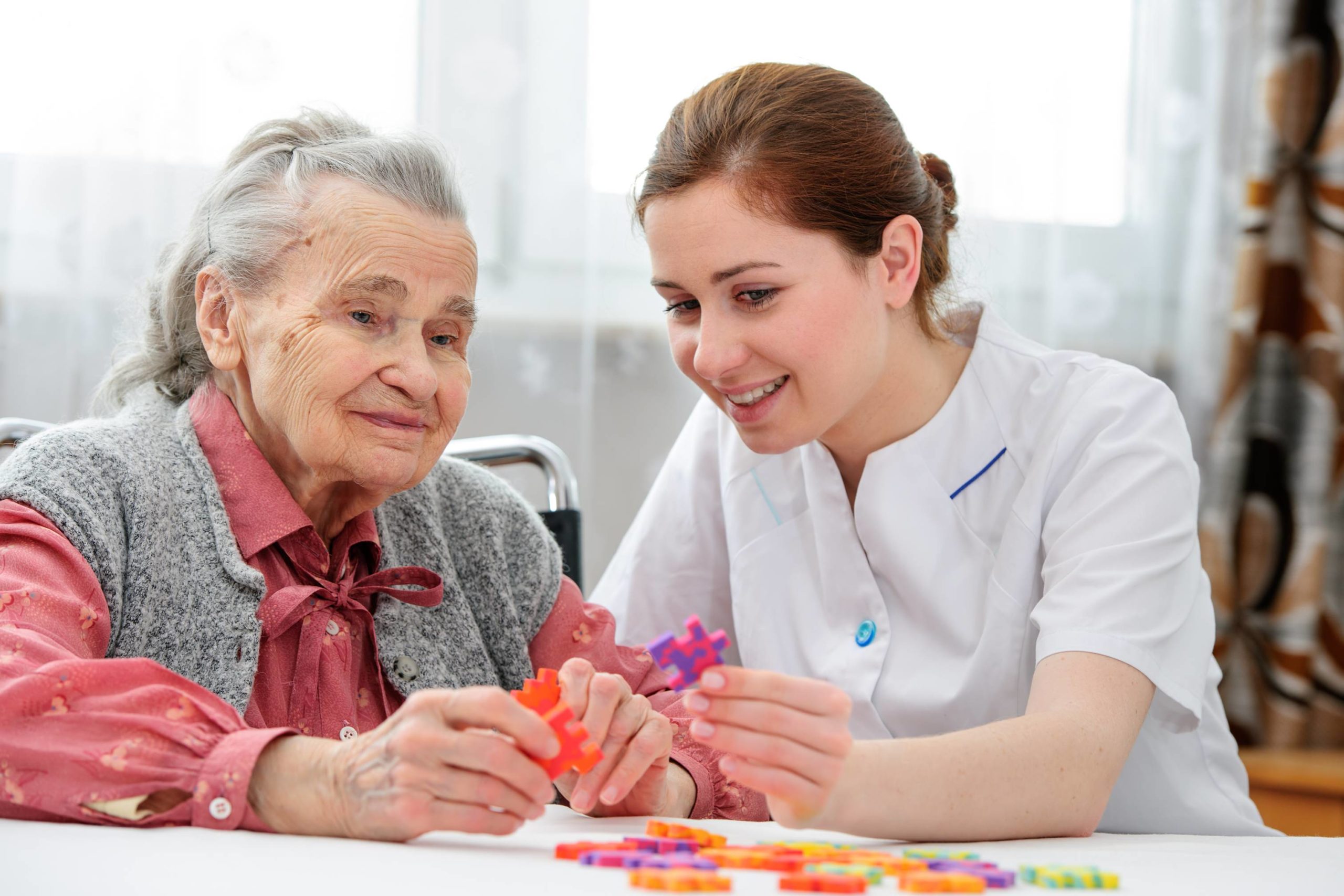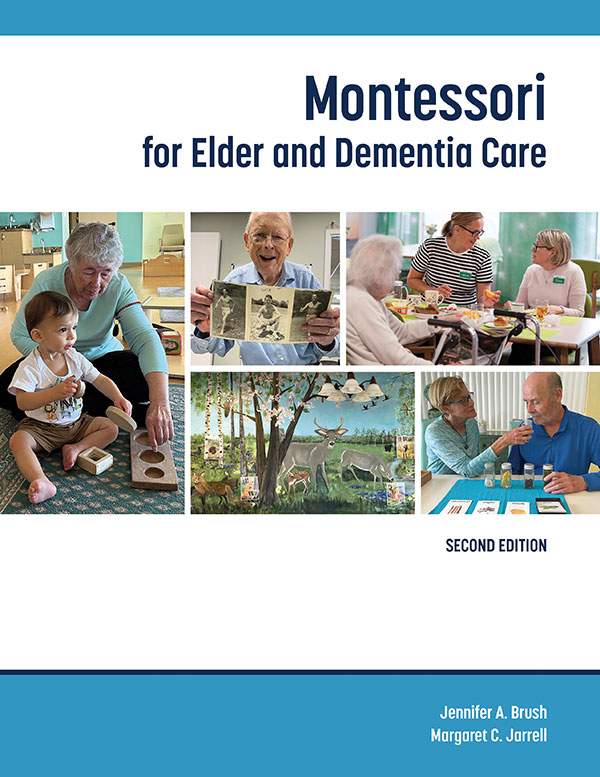Locating the Right Charlotte Care Home: An Overview to Selecting the Best Environment
Locating the Right Charlotte Care Home: An Overview to Selecting the Best Environment
Blog Article
How to Give Purposeful and Personalized Mental deterioration Care
The provision of individualized and purposeful mental deterioration care calls for a nuanced understanding of each person's one-of-a-kind background and choices. Care approaches have to be tailored to engage the individual in manner ins which reverberate with their past experiences, thereby cultivating psychological connections and enhancing overall health. Establishing depend on via compassionate and constant interactions is necessary for developing a secure and encouraging environment. As we check out the complexities of reliable communication and the important duty of household involvement, it comes to be clear that the trip towards customized care holds both challenges and profound benefits.
Recognizing Dementia Individuality

Treatment providers must evaluate cognitive abilities, psychological states, and behavioral patterns to develop customized treatment strategies. This may include adapting communication styles, employing acquainted routines, and using significant tasks that resonate with the individual's previous experiences. Engaging a person with a passion for music with musical activities may stimulate positive memories and boost psychological health.
Moreover, understanding uniqueness cultivates a thoughtful strategy that values the dignity and freedom of those coping with dementia. It motivates caretakers to pay attention actively, observe behavioral signs, and stay versatile in their caregiving approaches (charlotte care home). By focusing on individuality, caretakers can not only boost the quality of life for those with mental deterioration however additionally construct a much more extensive understanding of their distinct viewpoints, inevitably bring about much more understanding and efficient treatment
Structure Depend On and Rapport
Developing trust and connection is basic in mental deterioration care, as it produces a safe and helpful atmosphere for people influenced by the problem. Building these connections requires constant, caring interactions that prioritize the needs and sensations of the person. Caregivers should come close to interactions with empathy, identifying the one-of-a-kind difficulties dealt with by those with mental deterioration, consisting of memory loss, complication, and emotional distress.
Efficient communication is crucial in this procedure. Caregivers need to utilize clear, simple language and non-verbal signs to communicate understanding and support. Active listening demonstrates regard and recognition, allowing people to reveal themselves without worry of judgment. In addition, maintaining a calm temperament can help ease stress and anxiety, cultivating a complacency.
Experience with daily tasks and caretakers advertises a feeling of stability, allowing people to really feel even more at ease. By doing so, caretakers enhance the individual's identity, promoting dignity and regard, ultimately leading to more powerful, a lot more purposeful partnerships in the context of mental deterioration care.
Tailoring Activities and Involvement
Involving individuals with mental deterioration through tailored tasks can substantially enhance their quality of life and cultivate a deeper connection in between caregivers and those in their care. Customization is vital, as it recognizes the special backgrounds, interests, and capabilities of each person. Activities must be made to stimulate cognitive functions, advertise physical activity, and go now urge social communication, all while continuing to be enjoyable and fulfilling.
To tailor activities successfully, it is critical to assess the individual's preferences and cognitive capabilities. For example, some might locate delight in gardening, while others may value music or art. Straightforward, familiar jobs can evoke positive memories and give a sense of accomplishment. Furthermore, integrating aspects of routine can supply comfort and stability, browse this site allowing people to involve with activities extra confidently.
Caretakers can boost interaction by participating together with the individuals, promoting an interactive and supportive atmosphere. It is likewise vital to continue to be flexible and adaptive, readjusting activities as needed based upon the individual's energy levels and mood. Eventually, purposeful interaction via tailored activities not just boosts people with dementia however also enriches the caregiver partnership, promoting common pleasure and understanding.
Reliable Communication Strategies
Effective interaction is vital in dementia treatment, as it cultivates a feeling of connection and understanding between people and caregivers experiencing cognitive decrease. Utilizing effective interaction techniques can dramatically enhance the top quality of interactions and lower disappointment for both events.
Firstly, using straightforward, clear language is necessary. Brief sentences and familiar words aid individuals understand and respond much better. Furthermore, maintaining a calm and positive tone can produce an encouraging atmosphere, which is essential for individuals that may feel overwhelmed or distressed.
Non-verbal interaction plays a significant duty. Caretakers should pay attention to body language, faces, and motions, as these cues can usually share greater than words - charlotte care home. Establishing eye call and making use of gentle touch can likewise enhance links and convey compassion
Energetic listening is another key part. Caregivers need to listen, permitting individuals to share themselves totally, webpage also if their speech is fragmented or unclear. This shows respect and urges more open interaction.
Finally, confirming feelings and experiences is essential. Recognizing feelings, no matter their basis actually, can give comfort and strengthen the caregiver-individual partnership, promoting a much more encouraging atmosphere.
Sustaining Family Members Participation
Household involvement plays a considerable role in the general care and support of individuals with mental deterioration. Engaging member of the family creates a collaborative setting that improves the top quality of care, fosters emotional connections, and ensures that the distinct demands of the person are met. Relative often have indispensable insights into the person's history, choices, and behaviors, which can be critical in developing personalized care methods.

Moreover, household participants can be encouraged to participate in everyday treatment tasks, such as taking part in significant discussions or aiding with familiar regimens. This not only helps receive the individual's sense of identification yet likewise reinforces domestic bonds. Inevitably, by fostering a comprehensive strategy that values family members contributions, treatment carriers can enhance the overall experience for both people with dementia and their loved ones.
Final Thought
In verdict, providing tailored and significant mental deterioration care necessitates a detailed understanding of each individual's one-of-a-kind history and preferences. Establishing trust fund and rapport with compassionate interactions is essential for developing a risk-free setting. Customizing activities to resonate with individual interests enhances psychological health and promotes dignity. Effective interaction strategies further sustain this procedure, while actively entailing family members enriches the caregiving experience and promotes much deeper connections. Jointly, these methods add to improved top quality of life for people with mental deterioration.
The arrangement of meaningful and personalized dementia treatment calls for a nuanced understanding of each individual's special background and preferences. By doing so, caretakers strengthen the person's identification, advertising self-respect and regard, inevitably leading to stronger, more purposeful partnerships in the context of mental deterioration care.
Engaging people with mental deterioration through tailored activities can significantly enhance their top quality of life and foster a deeper connection between caretakers and those in their treatment.Family participation plays a substantial role in the overall treatment and assistance of individuals with mental deterioration. Ultimately, by fostering an inclusive technique that values family members contributions, treatment companies can enhance the general experience for both individuals with dementia and their liked ones.
Report this page